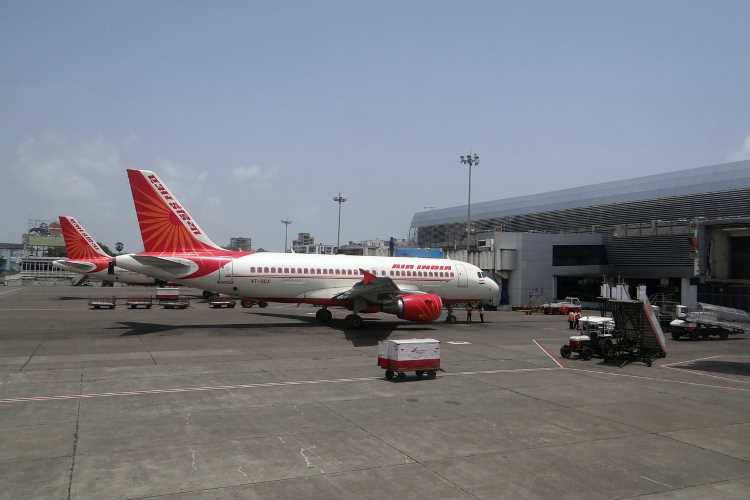
There is an all-pervading sense of uncertainty about the future of the world economy. Reserve Bank of India Governor Shaktikanta Das did the right thing in advancing the Monetary Policy Committee meeting by more than week to sooth the nerves. The move reassured the market that the regulator is alert and is working pro-actively.
The RBI did not provide forecasts for gross domestic product and inflation given the uncertainty prevailing in the global economy. The regulator was accommodating and announced a moratorium on payments. To ensure liquidity, a cut in CRR was announced. The repo rate was cut by 75 basis points and the band between repo and reverse repo rates was widened to encourage banks to lend. The Governor provided a forward guidance which must be appreciated, given difficult times.
READ: Fitch sees global recession, cuts India growth forecast for 2020-21 to 2%
READ: Government, RBI must assess, address Covid-19 challenges on the go
The situation of production and trading in the economy will continue to suffer for the next three months. Global crude prices are low and expected to remain so for some more months. Inflation could be low too. In view of large-scale unemployment and disruption in the unorganised sector, demand will also be subdued. The stress of the corporate sector and businesses will reflect on the balance sheet of commercial banks. Therefore, the government and the RBI will have to be prepared for assisting the banks.
I expect another round of cut in repo rate and further widening of the margin between the repo and the reverse repo rates. The RBI may also consider pressing a pause button on the Basel norms, especially on risk weights, to facilitate banks to accommodate firms/corporates with shattered businesses. Thus, easy monetary policy is expected to continue for some more months.
READ: Too much of regulation may kill the spirit of CSR
Finally, the RBI needs to have a sectoral approach to help revive the economy. The standing crop of wheat in North India could adversely impact the banking sector because of agricultural loans. The MSMEs have come to a grinding halt. Some sectors such as aviation, tourism, travel and transport are badly impacted. And something focussed on these would have to be announced. The revival of the economy would start sometime in June/July, and support from the monetary policy will be crucial to the process.
(Dr Charan Singh is CEO and Director, EGROW Foundation, a Noida-based think tank.)
Dr Charan Sigh is a Delhi-based economist. He is the chief executive of EGROW Foundation, a Noida-based think tank, and former Non Executive Chairman of Punjab & Sind Bank. He has served as RBI Chair professor at the Indian Institute of Management, Bangalore.

